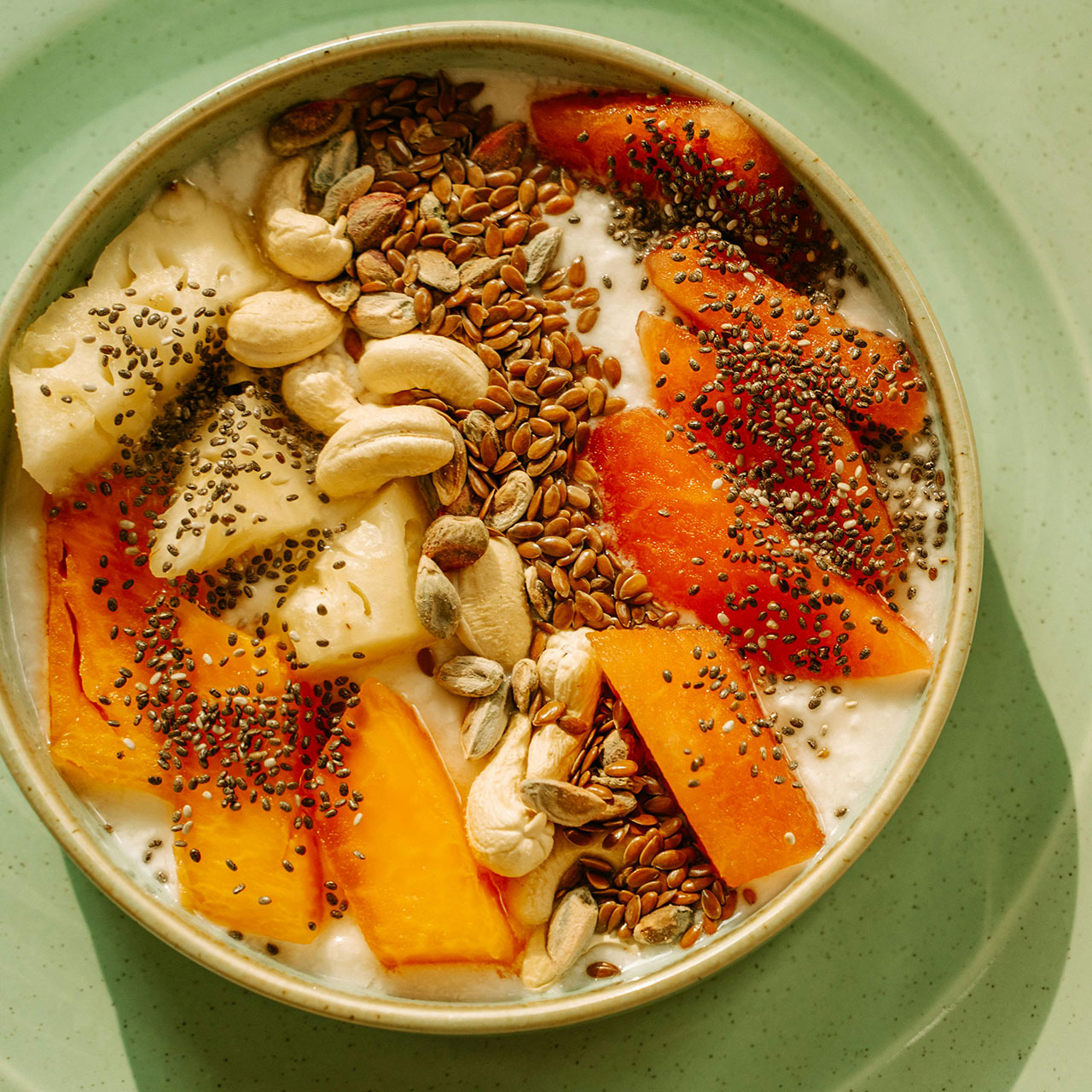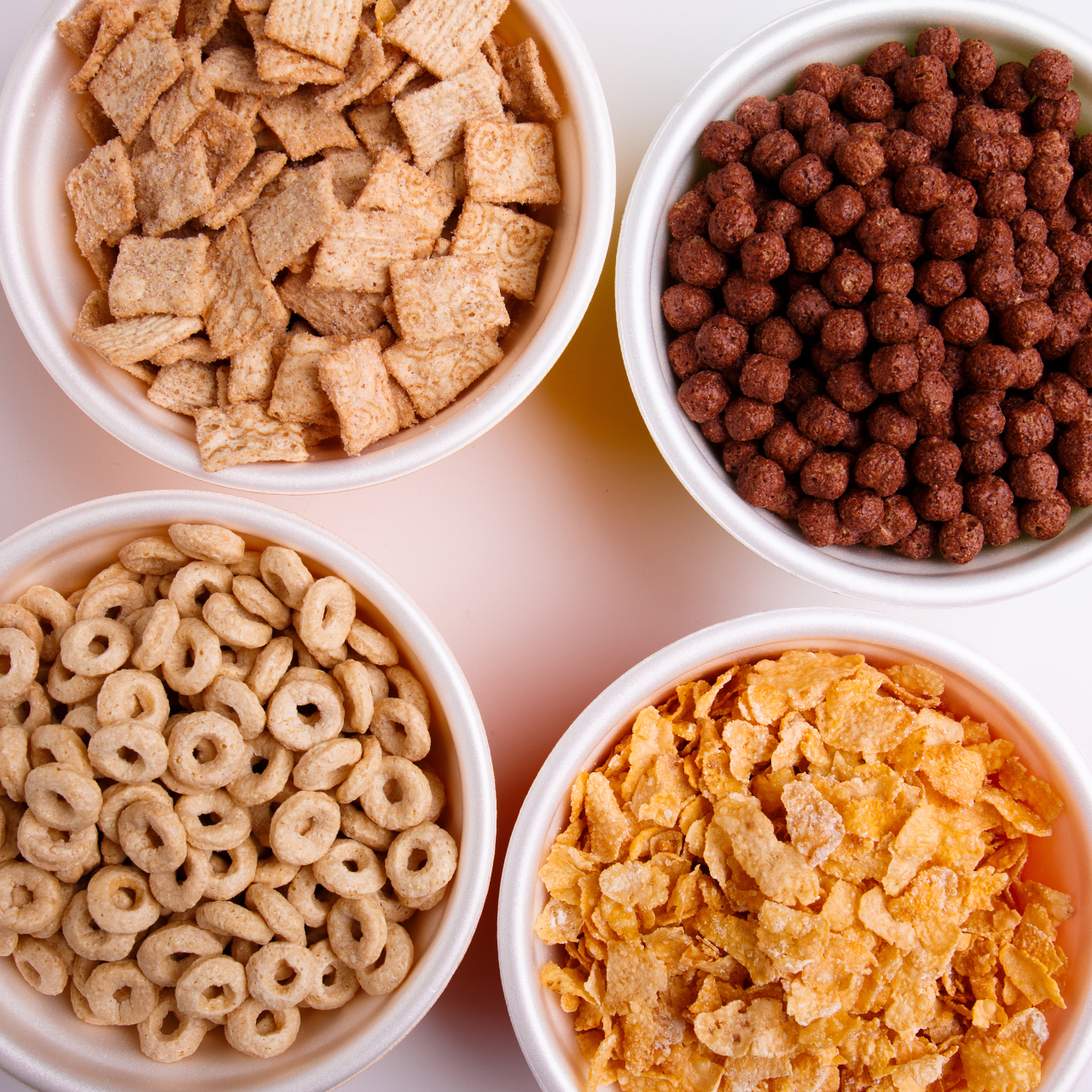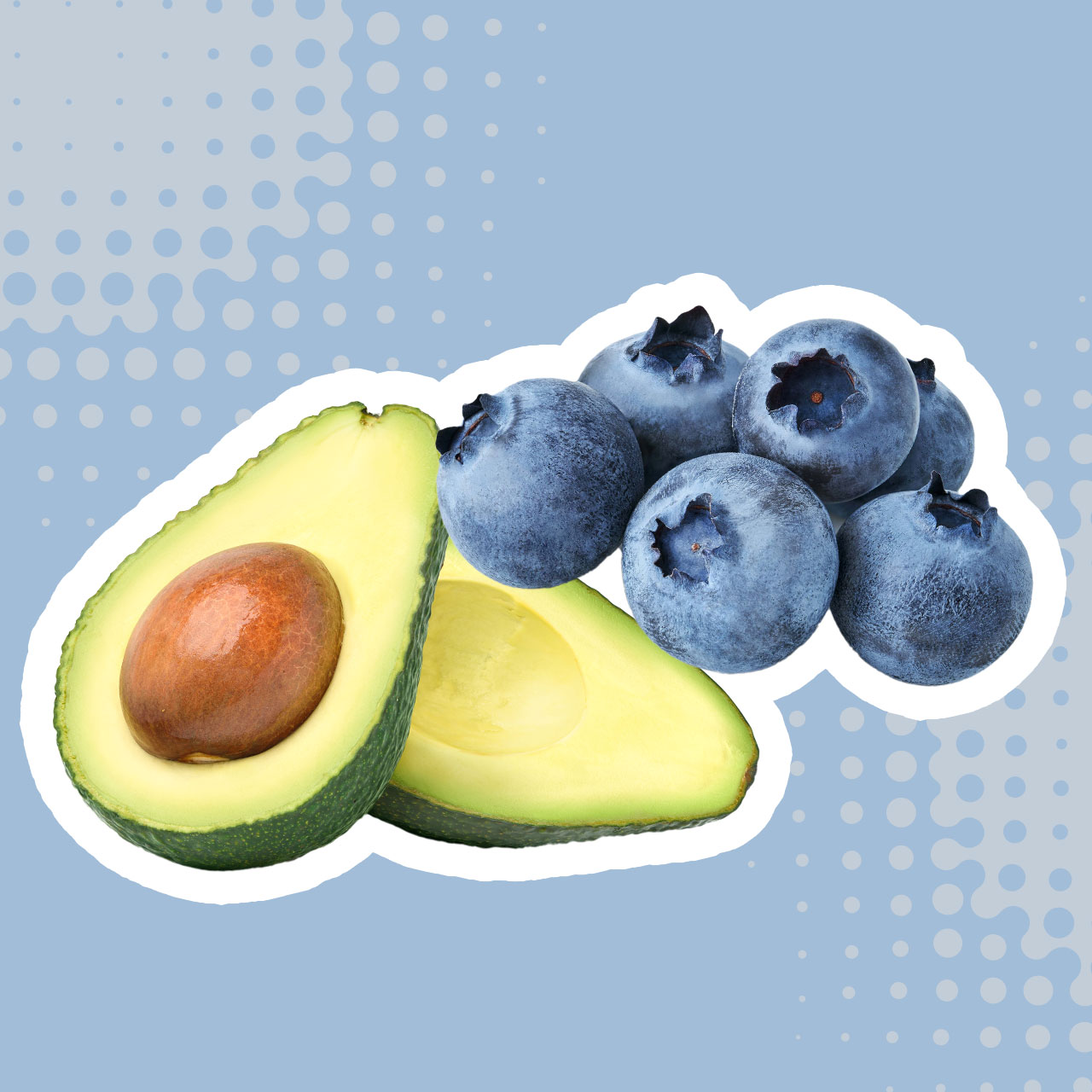From almond to sesame, there have never been so many dairy-free milk options on the market to choose from. If you’re vegan, lactose intolerant, or just want to limit your dairy intake, you may find yourself sampling different plant-based milks—or you may have your go-to favorite. However, it’s important to remember that being plant-based doesn’t automatically make something healthy. In fact, there’s one time of dairy-free milk health experts say you might want to leave out of your glass if you’re trying to lose weight due to a high sugar content, a ton of carbs, and an excess of calories: sweetened oat milk.
To learn about the health effects of drinking sugary, flavored oat milk on a regular basis, we spoke to Trista Best, dietitian for Balance One Supplements. She told us that anyone who wants to lose weight should limit their intake of this beverage. Find all of her expert insight below!
READ MORE:
This Is The Best Plant-Based Milk For Weight Loss, According To Nutritionists
Want To Lose Weight And Not Gain It Back? Nutritionists Say You Should Follow This Rule
2 Common Coffee Ingredients Dietitians Warn Can Lead To Weight Gain
The Scary Downsides To Oat Milk That No One Tells You About, According To Registered Dietitians

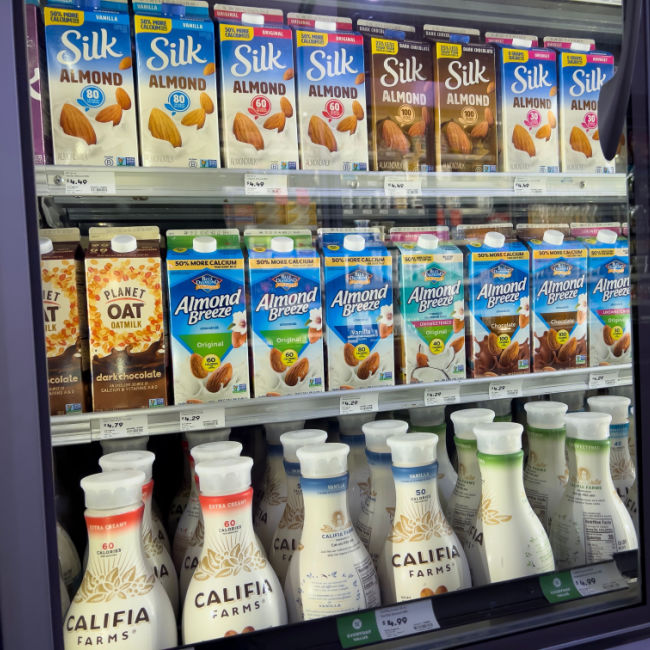
Sweetened oat milk
If you're going the plant-based route for your milk, you may opt for creamy oat milk. However, Best warns that certain varieties can be detrimental to your weight loss goals—especially flavored, sweetened ones. Although they might taste great in your coffee, they could lead to weight gain.
"Oat milk itself does not inherently cause weight gain," Best assures us. "In fact, oat milk is often lower in calories and fat than dairy milk, and it can be a healthier alternative for people looking to reduce their intake of saturated fat and cholesterol."
But when you add sweeteners and flavoring to the mix, things take a turn for the worse. "Some oat milk products on the market may contain added sugars, flavorings, and thickeners, which can contribute to weight gain if consumed in excess," she says. It's also worth noting that oat milk can really pack in the calories, especially with these added ingredients. "Consuming more calories than the body needs, regardless of the source, can lead to weight gain," Best warns.
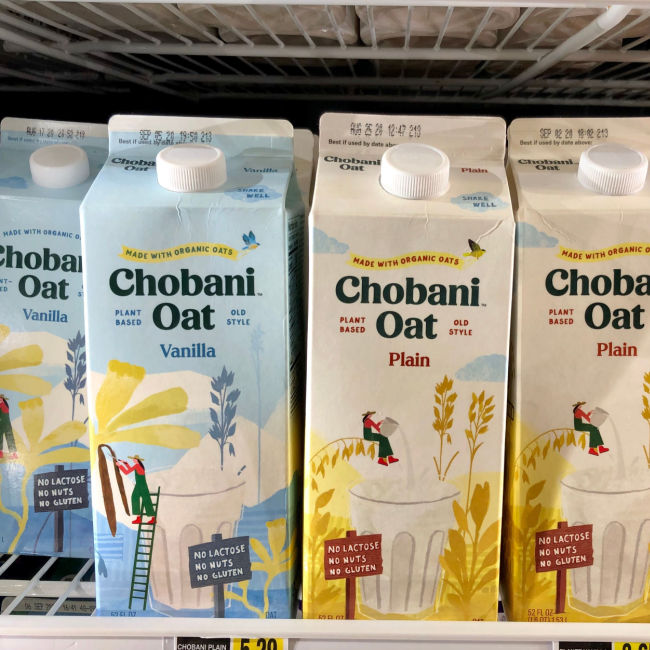
In addition to these processed ingredients and excess of calories, she points out that oat milk also contains a lot of carbs in comparison to other plant-based milks. "Because it is sourced from a grain rather than a nut or other plant, the carb content is around 15 grams of carbohydrates per servings. This is significantly high considering unsweetened almond milk is typically just 1 grams of carbs," she says. What a difference!
At the end of the day, of course, most everything is fine in moderation. If you really want to treat yourself to a splash of vanilla oat milk in your morning cold brew very now and then, we say go for it. However, if you're trying to slim down, sticking to unsweetened, lower carb milks is always your best bet.











